Optimizing your business relies on efficient and effective HVAC technician training. Numerous sources have shown companies that invest in training have a 24% higher profit margin. Additionally, technician retention rates increase by 30-50% when there is an effective training program in place.
HVAC technician training focuses on the knowledge and skills of the trade, as well as ensuring technicians receive the proper certifications to get them in the field. With everything HVAC technicians need to learn, it’s important to ensure they have access to engaging, effective training.
What Your HVAC Training Program Should Include
Your training program should teach technicians specific HVAC and customer service skills. It should also include clear guidance for earning any required or desired licenses and certifications.
HVAC Knowledge & Skills
Achieving HVAC excellence with your business lies in having knowledgeable and skilled technicians in the field. This means they have excellent technical skills as well as customer service skills.
Ensuring your technicians have top-notch HVAC skills can help your business be more successful. A top-tier training program can help you attract and retain talent, reduce callbacks, earn golden reviews and referrals, and optimize your workforce by getting better technicians into the field in weeks, not years.
Not only are technical HVAC skills important for growing your business, but technicians should also be well-versed in upselling techniques and customer service. HVAC services are usually necessary for customers, but training your technicians in upselling techniques and customer service can yield higher revenue from a single service call. For example, a technician may replace an air conditioning unit for a customer skillfully and quickly, like they are trained to do. During this service call, however, there is an opportunity to increase revenue for the company and increase customer satisfaction by offering an upgrade or additional service, like a warranty.
Training your technicians in both technical and soft skills like upselling will optimize your workforce by efficiently increasing revenue and customer retention rates.
Path to Certification
To operate as an HVAC contractor or business in any state, a license is required. However, not all states require technicians themselves to be licensed. Only 10 out of the 50 states states require technicians to have licenses, so it’s important to check with local laws.
Even if your state does not require a license for technicians to work in the field, there are opportunities to earn certifications, endorsements, and awarded licenses that vary state-to-state. Examples of this include the North American Technical Excellence (NATE) certification and ASHRAE (American Society of Heating, Refrigeration and Air-Conditioning Engineers) certification. While not required, earning certifications and endorsements increase technicians’ performance on the job and the marketability of your business. For instance, if more than 50 percent of your technicians earn their NATE certification, you can market your business as being NATE-certified.
It is also important to note if your state requires continuing education hours. For example, Texas requires its technicians to clock 8 hours of continuing education each year. This is yet another reason why building a strong training program is important. It helps your technicians become better, increases employee retention, and maintains your business’s reputation.
The only certification that is required by technicians handling refrigerants is the EPA Section 608 Technician Certification. The EPA requires any technician who might “maintain, service, repair, or dispose of equipment that could release refrigerants into the atmosphere” pass an EPA-approved test. This comes as part of the Clean Air Act of 2020, contemporary with the HFC phasedown. As the country continues to adjust to climate change, HVAC regulations will also adjust, so it’s important to monitor the latest in this area.
With all the certifications required and available to technicians, it is worthwhile to craft a certification training program within your business. By including certification prep courses in your HVAC training program, you are setting your technicians and your business up for success.
Regulation Changes
There are a few regulations to be aware of as well when training your current and new technicians. Two of the most relevant are the changes to minimum efficiencies and updates to refrigerants.
The biggest thing to note for 2023 is the change in minimum efficiencies. The Department of Energy is increasing the minimum efficiencies in both air conditioners and heat pumps. In the North, the seasonal energy efficiency ratio (SEER) is increasing from 13.0 to 14.0 and in the South, it’s increasing from 14.0 to 15.0 SEER. Nationwide, the heat pump minimum efficiency is increasing from 14.0 to 15.0 SEER. There are also some changes or exceptions in nomenclature, metrics, and small package product ratings.
There are also continuous updates to refrigerant regulations. In 2020, the AIM Act was enacted, directing the Environmental Protection Agency (EPA) to phase out hydrofluorocarbon (HFC) refrigerants over the following 15 years. Until 2035, there will likely be constant updates to HVAC-R regulations regarding the type of refrigerants used, as well as how they are handled, serviced, replaced, and disposed of.
One way to stay on top of the latest trends and regulations in your training is to comply with your local certification and licensing laws.
Optimizing with Interplay
With so much HVAC training to be done, investing in an efficient and thorough training program will be key to optimizing your workforce.
One way to build a successful training program is to utilize SkillMill, Interplay Learning’s revolutionary online skilled trades training platform. It gets techs job-ready faster and makes it easier for you to accelerate profitable growth in your business.
Digital training takes care of the many challenges that can come with providing the next-level of training your team needs. Good training can take a lot of time, and time is money. When your best technicians are at the office training new hires, they are not out in the field generating revenue. For every day that your new hires are not working, that is less income and fewer people getting the help they need.
SkillMill’s digital training is faster, easier, and better than traditional training and other digital alternatives because of engaging 3D simulations and immersive VR that take hands-on training and safety to the next level. SkillMill relies on proven learning methodology to increase learning retention rate and get techs job-ready in weeks, not years – resulting in well-trained technicians that get it right the first time. It becomes another expert on your team, making training efficient, current, and scalable while saving you time and effort when making critical investments in your people.
SkillMill is intended to supplement, not replace the training program you have in place. Keep what works, update it according to local regulations, and improve it with SkillMill.
For more information or assistance with creating a training program that helps you as you start and grow your HVAC business, contact Interplay Learning today.








